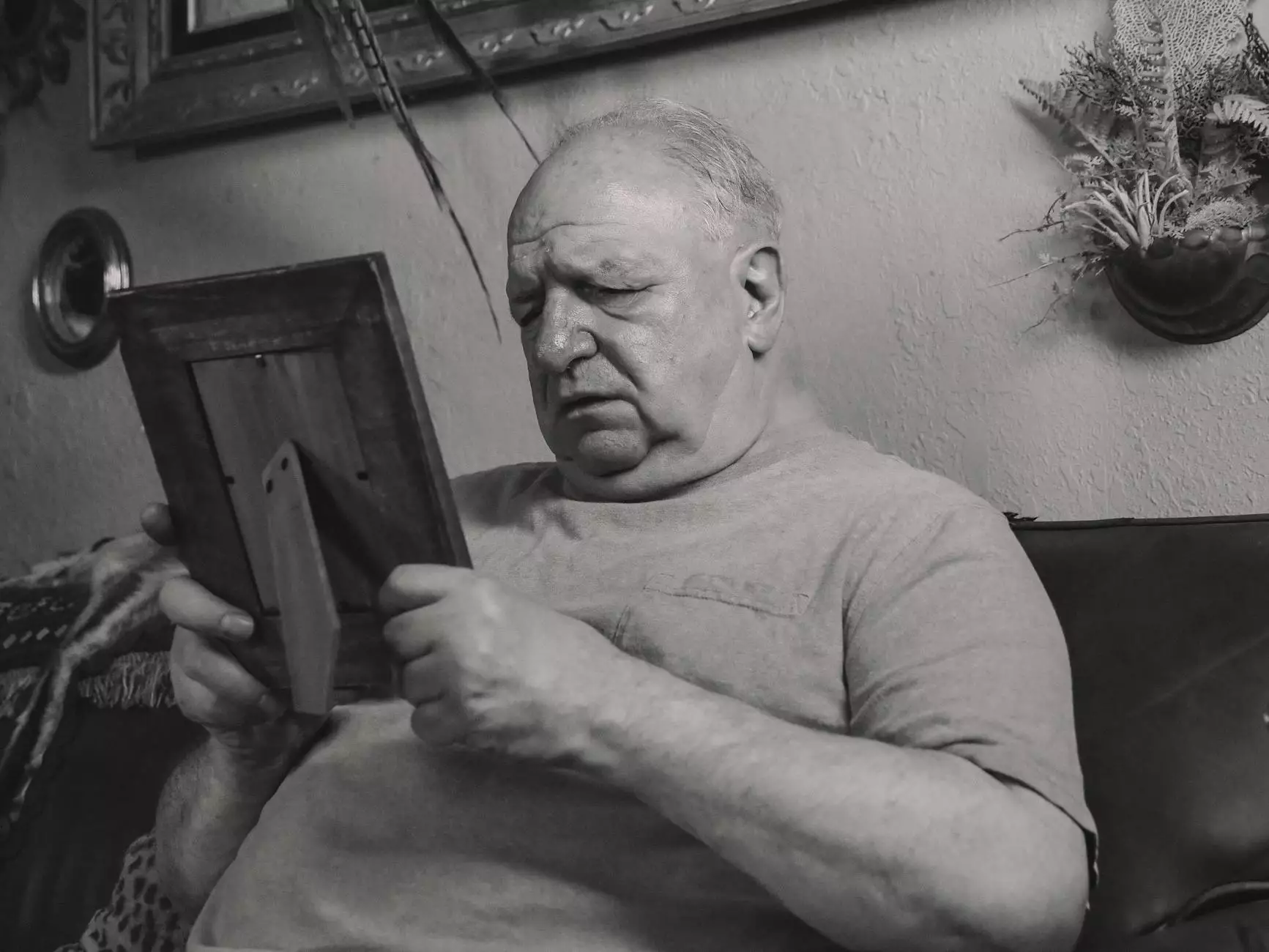The Right to Fall: Legal Considerations for Dementia Residents in Senior Living
SEO Services
As the debate around right to fall for dementia residents in senior living facilities continues to evolve, understanding the implications of this issue is crucial for both residents and caregivers. In this comprehensive guide, we delve into the legal aspects surrounding the right to fall, the existing laws, and regulations that govern this sensitive matter.
Legal Framework: Addressing the Right to Fall
When it comes to caring for individuals with dementia in senior living communities, the question of whether residents have the right to fall is a complex and multifaceted issue. While ensuring the safety and well-being of residents is paramount, respecting their autonomy and dignity is equally important.
Understanding Right to Fall Laws
Currently, there is no federal law explicitly addressing the right to fall for dementia residents in senior living facilities. However, several states have implemented right to fall laws that outline the rights and responsibilities of both residents and caregivers in such situations.
Key Considerations in Right to Fall Laws
When examining the right to fall laws in different states, it is essential to consider key factors such as the level of care provided, the resident's cognitive abilities, and the facility's policies regarding fall prevention and response.
State Variations in Right to Fall Laws
Each state may have varying regulations and guidelines concerning the right to fall for dementia residents. It is crucial for facilities and caregivers to be aware of these laws to ensure compliance and provide the best care possible.
Ensuring Resident Safety and Autonomy
While balancing the right to fall and the need for safety may present challenges, it is essential to prioritize the resident's autonomy and independence whenever possible. Implementing personalized care plans and safety protocols can help mitigate risks while promoting dignity.
Empowering Caregivers and Facilities
Education and training are key components in effectively addressing the right to fall for dementia residents. By equipping caregivers and facilities with the necessary knowledge and skills, they can provide high-quality care that respects residents' rights and promotes their well-being.
Conclusion
In conclusion, the right to fall for dementia residents in senior living facilities is a nuanced issue that requires careful consideration and respect for individual rights. By understanding the legal framework, state laws, and best practices in care, caregivers and facilities can navigate this complex terrain while upholding the dignity and safety of residents.



